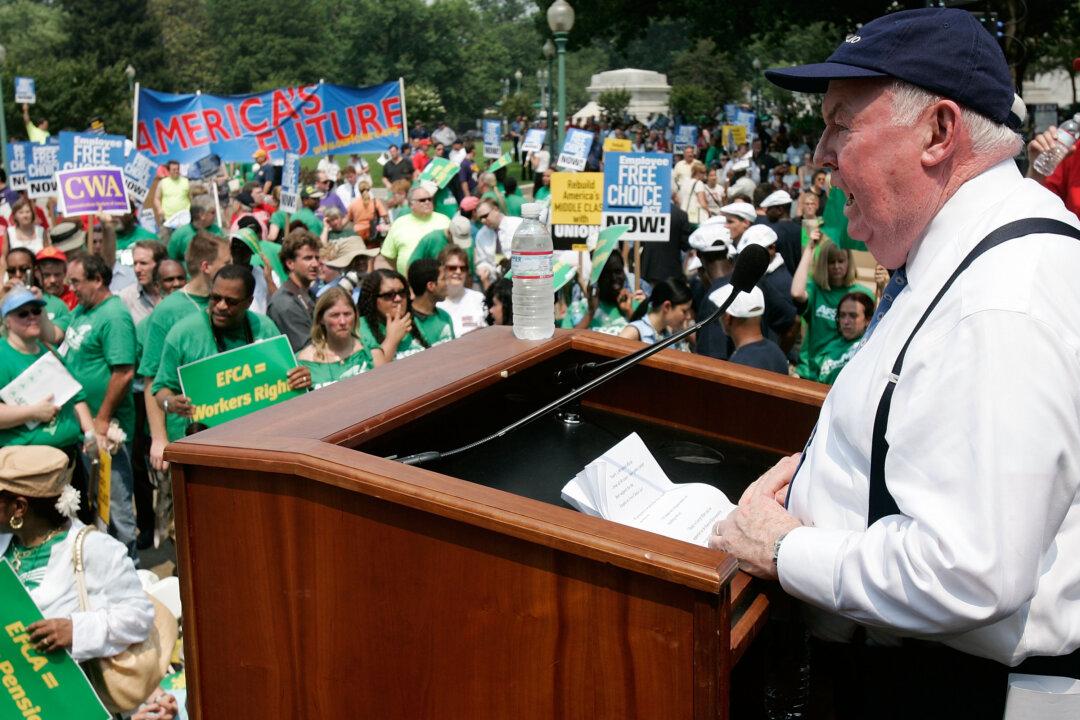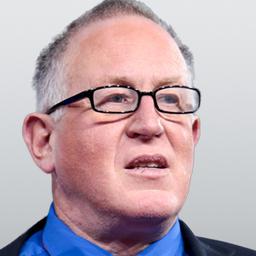Commentary
Despite taking second place to the “mainstream” media, and the stiff competition from Hollywood, academia, and leftist churches, organized labor is still a major “transmission belt” for communist ideas to the American “masses.”


Despite taking second place to the “mainstream” media, and the stiff competition from Hollywood, academia, and leftist churches, organized labor is still a major “transmission belt” for communist ideas to the American “masses.”